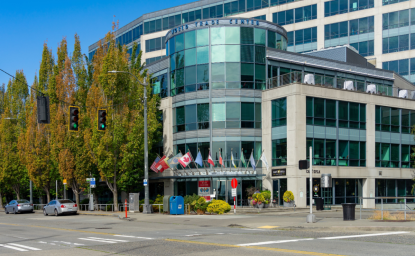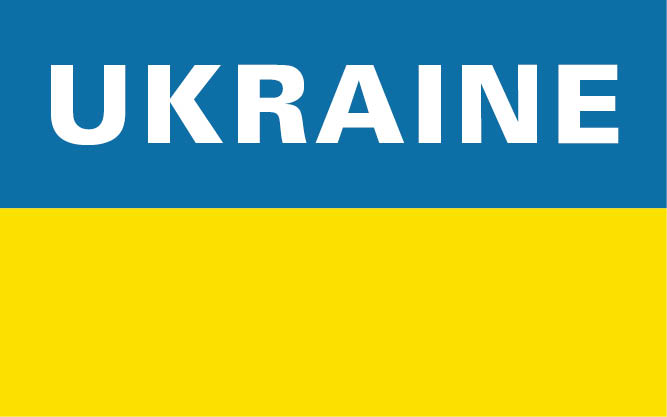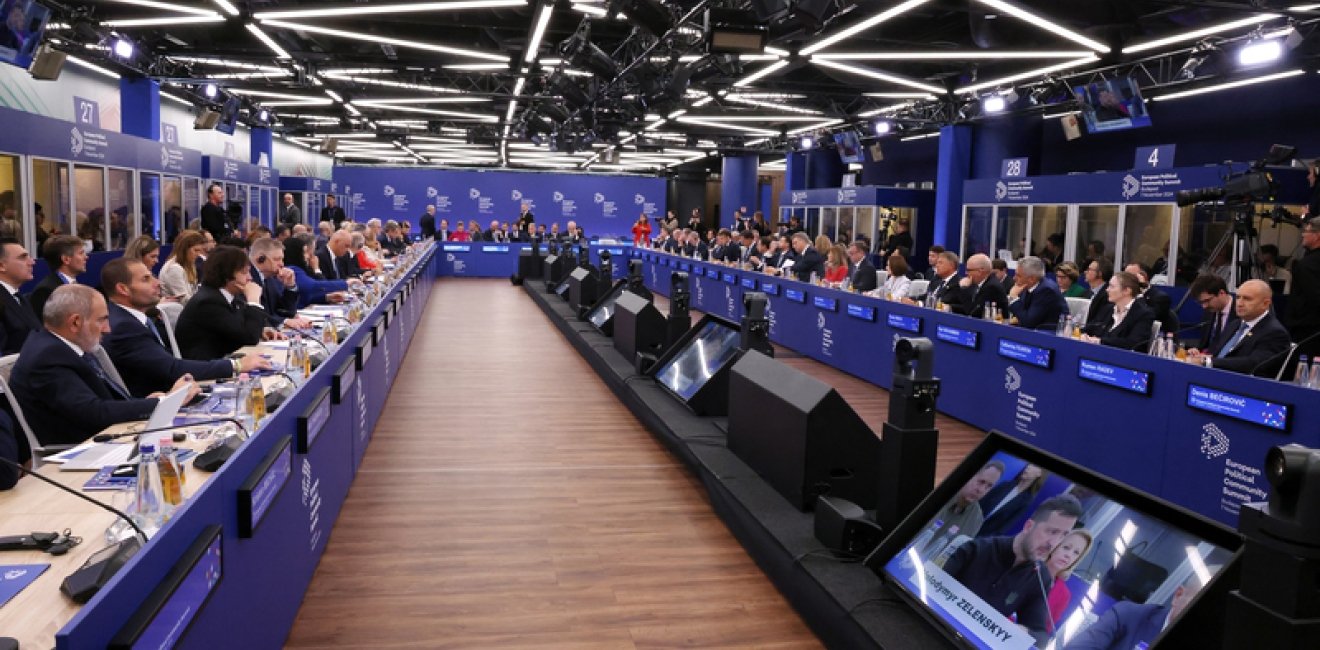The European Political Community (EPC) Summit in Budapest, Hungary happened with little fanfare, in part due to the summit’s close proximity to the US elections. Despite the lack of clear deliverables, the EPC, however, remains popular with European leaders. Its flexible format allows representatives to engage on a myriad of issues, from bilateral disputes to broader foreign and security challenges.
The overarching theme from this summit, largely a reaction to the US election, was that Europe has to step up and do more for its own security. This was best espoused by French President Emmanuel Macron, who said “we must not delegate forever our security to America”, warning that Europe must not become a weak "herbivore" surrounded by "carnivores." Instead, Europe needs to become an “omnivore”, able to cooperate and act independently when needed –a strategic goal the EU has been working towards for over a decade. As Europe tries to reassert itself in this new geopolitical context, the EPC can be an increasingly valuable convening body for Europe to double down on its geopolitical aspirations.
The idea of the EPC was first floated by French President Emmanuel Macron during his speech at the final event of the Conference on the Future of Europe in May 2022. With the Russian invasion of Ukraine exacerbating direct security challenges, it quickly gained support among European leaders as a format to coordinate broader European security efforts. Since then the Heads of State of more than 40 countries have met every six months from Prague in October 2022 to the latest meeting in Budapest to discuss pressing security matters and other areas of shared interest.
Each meeting has received mixed reviews – but the latest meeting in Budapest brought few tangible results for the continent. The leaders discussed Europe’s security environment, the ongoing Russian aggression in Ukraine and conflict in the Middle East, irregular migration, and topics related to economic security such as energy, transport, IT and global trade. EU-US relations was perhaps the major topic, with the results of the US elections fresh in everyone’s minds.
The meeting in Budapest also took place amidst the break-up of the German coalition government. 42 heads of state from Portugal to Armenia–as well as the representatives of the EU institutions, NATO, and the OSCE– met at Puskás Aréna in Budapest for a somber reflection on Europe’s deteriorated security environment. Trade was also a prominent discussion point, with Finland’s Prime Minister Petteri Orpo denouncing former President Trump’s campaign pledges to introduce tariffs on European economies. The German Chancellor Olaf Scholz was not present due to the collapse of his coalition government, leaving an unmistakable void: "One thing is for sure, Europe is not strong without a strong Germany," European Parliament President Roberta Metsola said.
Despite the lack of German presence, non-EU members–the UK in particular–benefit from this platform for engagement. The UK’s recent attempts at outreach to Brussels have largely not been reciprocated. Similarly, Türkiye utilized the EPC summit to resume its flagging EU application. Although this will likely not change the status quo between Türkiye and the EU, especially in light of their pursuit of BRICS membership, it shed light on a broader need for the EU to redefine its strategic goals for engaging with Türkiye.
The EPC format remains a vital platform for discussions. Critics pointing to the lack of results of each EPC Summit underestimate the value of regular dialogue between EU and non-EU states. The format of the EPC is needed now more than ever to break down traditional barriers between the EU and its larger neighborhood. With the next two meetings in 2025 set for Albania and Denmark (in the first half and second half of the year, respectively), the format lives to fight another day.
Authors
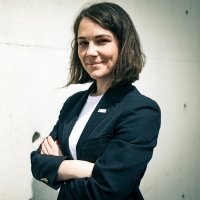


Global Europe Program
The Global Europe Program is focused on Europe’s capabilities, and how it engages on critical global issues. We investigate European approaches to critical global issues. We examine Europe’s relations with Russia and Eurasia, China and the Indo-Pacific, the Middle East and Africa. Our initiatives include “Ukraine in Europe”—an examination of what it will take to make Ukraine’s European future a reality. But we also examine the role of NATO, the European Union and the OSCE, Europe’s energy security, transatlantic trade disputes, and challenges to democracy. The Global Europe Program’s staff, scholars-in-residence, and Global Fellows participate in seminars, policy study groups, and international conferences to provide analytical recommendations to policy makers and the media. Read more

Explore More
Browse Insights & Analysis
Western Balkans will not be a high priority for Trump’s administration
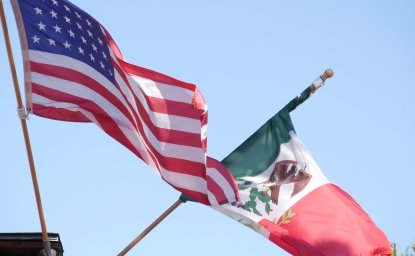
Navigating US-Mexico Relations: Opportunities Amid Challenges
